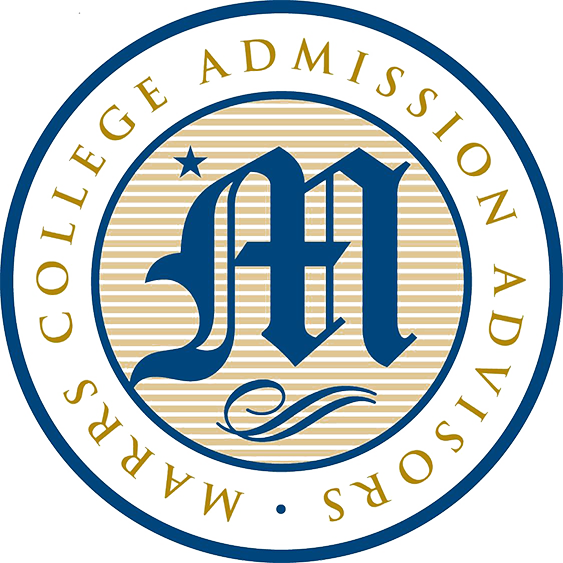Is College the Only Option?
Dear Parents:
The title of this newsletter may sound strange coming from a college counselor, but in today’s economic times, it is important to evaluate all options. Our teens today are less interested in incurring student debt than the millennials were when they applied to college. I think it is wise to have a discussion about all options: taking a GAP year, alternative ways to learn a skill to get a good job, and whether college is the best way to achieve a student’s goals.
The first article in this month’s newsletter is about the questions to ask when visiting a college campus. It is really important to dig deep. Ask questions of not just the admissions’ staff, but also students on campus, professors, pre-med advisors, as well as administrative staff. There are no stupid questions. Students need to ask the questions. They know what they want in a college experience. The best way to find out if a school has the potential to meet the needs and wants of a student is to ask lots of questions when touring.
The second article is about vocational alternatives. College tuition continues to escalate every year. The emphasis on equity, diversity and inclusion is causing colleges to spend millions of dollars to bring on Deans to set up these programs. In my opinion, they do not add value to the education they are providing to students. In addition, college debt is growing. Students need to consider alternatives to the traditional path to college. Some students, especially those who have no clue what they want to major in, may want to consider earning a certificate as a skilled tradesman, then they can pay their way through college. Trades (HVAC, electricians, auto mechanics, diesel mechanics and plumbers) can offer great careers and are essential to sustaining our way of life. There is currently a shortage of skilled tradesmen today. Other vocational certificate programs can be found in healthcare. X-ray technicians, echocardiographers, sonographers and many other skilled technicians in hospitals are currently needed in most large medical centers.
The goal of my newsletters is to give parents additional information regarding the college planning process. Sometimes, the information I offer may not be traditional. I want parents to have as much information available about every aspect of college planning. College is not for every student. 40% of all college students drop out of college before graduation. That is a staggering figure provided by the US Statistics and Data for 2022, mainly because so many of the 40% took on debt to go to college.
Sincerely,
Catherine Marrs, CEP
26 Admission Questions You May Not Have Thought Of
The college admission process is long and it is often complex. An important part of that process is visiting the colleges on your student’s list.
As intimidating as this may sound at first, college visits can be one of the fun aspects of this intense process.
Read More
Why Blue-Collar Work Can Give Gen Z A Fresh Competitive Advantage
The blue-collar world is reinventing itself—and Gen Z is here for it.
Once you get past the outdated stereotypes of blue-collar work being somehow ‘lesser’ than white-collar careers, it’s easy to see just how much the trades have going for them.
Read More


